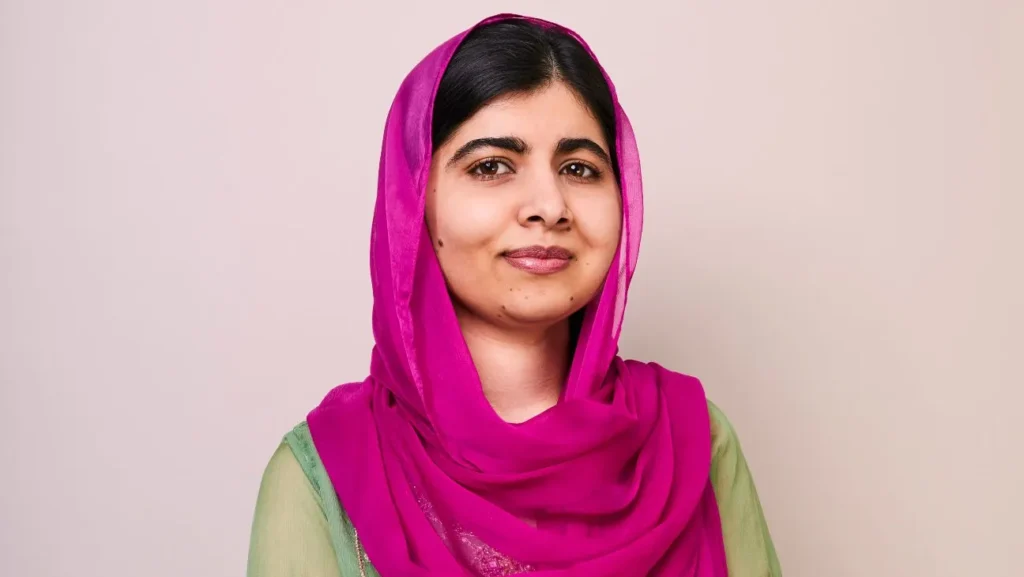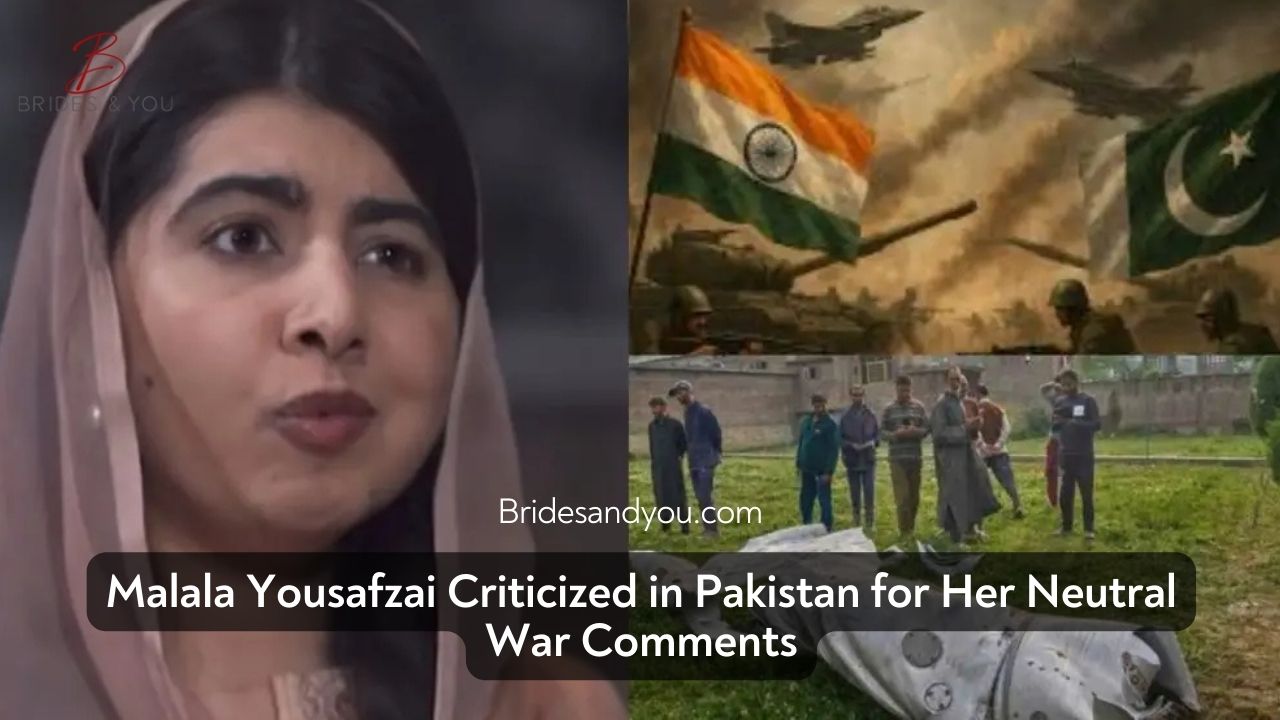Malala Yousafzai, the Nobel Peace Prize laureate and international education activist, is once again in the spotlight—this time for a statement she made concerning a recent military conflict between Pakistan and India. Her call for peace and balanced rhetoric didn’t sit well with many Pakistanis, who feel that her words lacked national loyalty and empathy for Pakistan’s position.
The Malala Yousafzai diplomatic stance on war has ignited a digital firestorm. As war rhetoric escalates on both sides, her seemingly neutral and peace-driven remarks have been interpreted by many as insincere, tone-deaf, and lacking national alignment.

What Did Malala Yousafzai Say?
In her statement, Malala said:
“I want to share my condolences to the family of those who lost lives in this from both the countries. I am deeply devastated by the deaths of civilians. I condemn the loss of innocent people in this. I also want to highlight that extremism is the common enemy of both the nations. I want peace and want the international mediators to come forward for the peace between Pakistan and India.”
At first glance, Malala’s words seem like a standard peace appeal. However, critics were quick to point out the glaring omissions—chief among them, her failure to specifically name the aggressor or take a clear stance in support of Pakistan.
Why Are Pakistanis Upset?
The crux of the backlash lies in perceived neutrality. In a situation where emotions run high and national sentiments are inflamed, many Pakistanis expected one of their most internationally recognized figures to boldly support the country.
Here’s what some Pakistanis had to say online:
- “Really Malala, you are that scared to take India’s name?”
- “She acts like she’s a spokesperson for a European agency.”
- “Where’s your patriotism? At least once, speak like a Pakistani.”
- “Yes, peace matters. But so does truth and justice.”
The tone across social media suggests frustration not just with Malala’s words, but with what many see as a pattern—where her international statements are often vague or cautious when it comes to defending Pakistan.
Malala’s History with Controversy in Pakistan
This is not the first time Malala has been accused of having a diplomatic tilt that favors international approval over national sentiment. Since surviving an assassination attempt by the Taliban in 2012, Malala has earned global recognition, awards, and honorary degrees. However, many in Pakistan view her rise to fame skeptically, questioning her narratives and affiliations.
From her silence on certain domestic issues to the tone of her memoir and speeches abroad, she has often been accused of presenting Pakistan in a negative light to gain Western support.
Balancing Peace and Patriotism – A Difficult Tightrope
The larger debate here is about what role global icons like Malala should play during national conflicts. Is it their duty to be diplomatic peacemakers, or should they align themselves firmly with their homeland’s stance? Malala’s diplomatic stance on war might align with global values of peace, but it doesn’t always land well with those looking for vocal support in national crises.
To many, Malala’s comments reinforce the idea that she has distanced herself from Pakistan’s pulse. Her failure to call out aggression or take a firm stand frustrates people who feel unheard and unsupported on the global stage.
Final Thoughts: Can Malala Rebuild Her Image in Pakistan?
As social media continues to trend with criticisms, it’s evident that Malala Yousafzai walks a tightrope—admired globally, questioned at home. This incident reminds us of the complex expectations placed on public figures, especially those representing nations in turmoil.
Whether or not Malala chooses to address this backlash directly remains to be seen. But one thing is clear: the divide between her international advocacy and domestic approval continues to grow.

